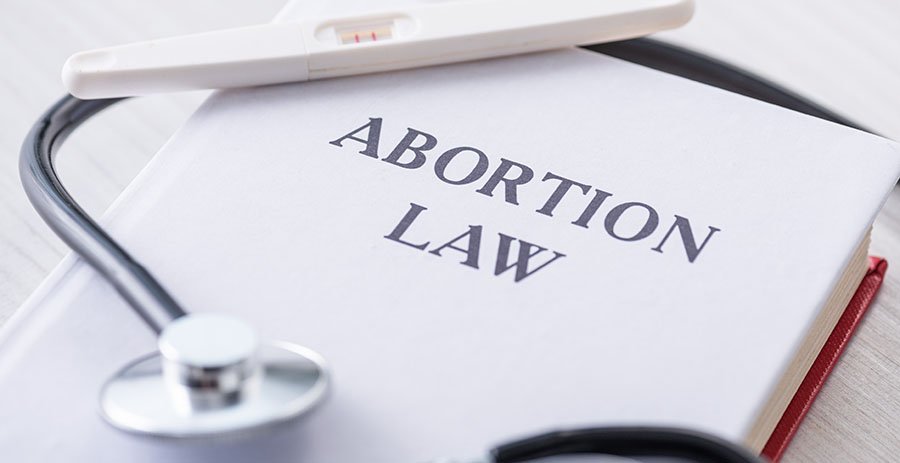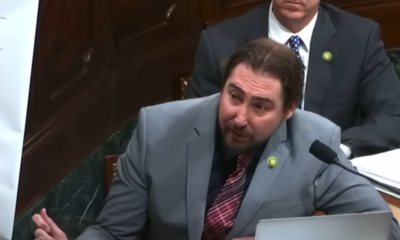2024 Election News
Right-to-Life Advocates Take a Stand Against Abortion Ballot Initiative in Supreme Court

Arizona Right to Life has filed an appeal with the state Supreme Court after a trial judge dismissed their concerns about a proposed constitutional amendment on abortion rights. The group aims to prevent voters from deciding on Proposition 139, which seeks to establish a right to abortion in Arizona’s Constitution.
In their recent briefs, attorney Jennifer Wright argues that a significant number of the over 820,000 individuals who signed the petition may have been misled. She claims that the legally required summary attached to the petitions lacked crucial details that could influence whether someone would choose to sign.
Wright did not specify the number of potentially misled signers but asserts that even the chance that some individuals were misled is enough to invalidate the proposal’s eligibility for the November ballot. This stance echoes the arguments previously rejected by Maricopa County Superior Court Judge Melissa Julian, who ruled against similar claims in an August decision.
Julian meticulously reviewed Wright’s arguments and found them unpersuasive. She upheld that the summary adequately informed potential signers and did not omit significant provisions that could alter their decision to support the measure.
This legal battle unfolds as Secretary of State Adrian Fontes revealed that the random sample of signatures submitted for the abortion access initiative confirmed 577,971 were valid—well above the 383,923 required to qualify for the ballot. However, the Supreme Court’s endorsement is crucial to moving forward.
If Proposition 139 passes, it would embed a “fundamental right to abortion” in the Arizona Constitution, specifically barring state restrictions before fetal viability, typically understood to be between 22 and 24 weeks. Furthermore, it would limit state interference in post-viability abortions, contingent on a treating health care professional’s judgment.
Wright highlights specific omissions in the summary, notably the absence of terms like “good faith judgment of a treating health care professional,” which could be pivotal for signers. She argues that these words reflect the amendment’s principal aims and imply that decisions about post-viability abortions may hinge on subjective assessments made by abortion providers.
Judge Julian dismissed this assertion, explaining that medical professionals typically make treatment decisions based on their expertise. She stated that the descriptor “health care provider” accurately refers to those qualified to assess a pregnant individual’s health.
Wright further noted that the amendment includes a provision preventing penalties for those assisting pregnant individuals in exercising their rights to abortion. She argues that this critical information is not disclosed in the summary, misleading potential signers about the measure’s implications, including the invalidation of existing abortion regulations.
However, Judge Julian contended that the summary does reference a “compelling governmental interest,” indicating potential areas for regulation, such as the qualifications of those performing abortions. Wright continues to argue that essential changes resulting from the passage of Proposition 139 are inadequately disclosed in the summary.
For example, she pointed out that the current law limiting legal abortions to 15 weeks would be abolished, and the provision guaranteeing a right to abortion could eliminate parental consent requirements for minors seeking the procedure. Nonetheless, Julian maintained there was no legal obstacle to placing Proposition 139 on the ballot.
She affirmed that Arizona courts do not mandate initiative descriptions to disclose all potential outcomes, asserting that issues regarding the amendment’s impact on existing state laws would be clarified through future legal proceedings if the initiative is approved.
Proponents of Proposition 139 are expected to submit their response to Arizona Right to Life’s appeal later this week.


















